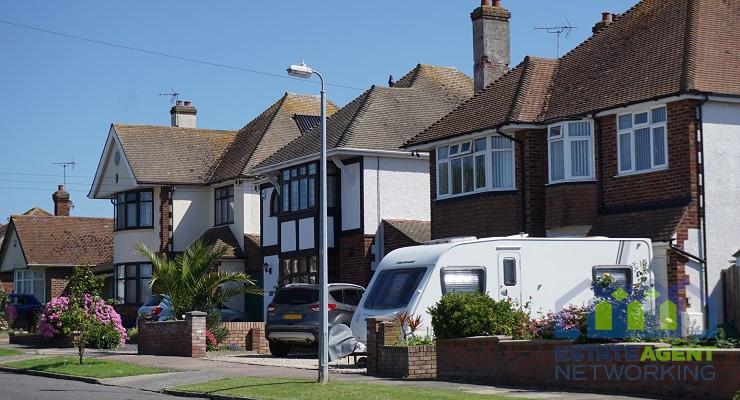Commercial Mortgage Delivers Leverage to Acquire a Property
A mortgage is a secure loan that can be availed for purchasing and maintaining commercial or residential property. It is an agreement between the borrower and lender where the former consents to pay principal and interest to the lender over a stipulated time, usually in regular sequences. The title of the property serves as collateral in the loan. To complete the procedure, the borrower must meet the mandatory minimum credit score and down payment requirements. A mortgage is a financial tool that delivers leverage to acquire a residential or commercial property. Like residential mortgages, commercial ones are classified into repayment and interest-only mortgages.
Borrower only pays interest
In the mortgage market, interest only commercial mortgage is rarely underwritten, where the borrower only pays the interest on the principal to the lender. At the end of the tenure, the explicit property is not free and clear. This feature makes it different from regular repayment mortgages. In the traditional form of mortgage, the monthly installments include both principal and interest amount. In the entire tenure, the borrower repays the entire loan amount plus interest in almost identical installments. But in interest-only mortgages, both for commercial and residential, you need to pay the actual loan amount as a lump sum at the end of the term.
Not fully amortized
In an interest only mortgage, the debt is not fully amortized, so the borrower cannot remortgage or sell the property; continue to pay the interest on initial capital until the lump sum amount is repaid. If the borrower fails to repay the lump sum, the lender can foreclose the property, where the lender can evict the habitants, sell it, and utilize the proceeding to square off the mortgage debt.
The inherent interest of the lender becomes a buyer by default as the real estate is pledged along with financial obligations.
Despite a higher LTV ratio
For commercial property owners, interest only mortgages can assist as the owner can customize the payment strategy, enabling him/her to repay the mortgage debt at the end of the term. As the risk percentage is greater compared to traditional mortgage schemes, the lender conducts a thorough eligibility verification before approval and disposal of the loan. The down payment associated with a conventional mortgage is around 20%, but in interest only mortgages, it becomes stiffer around 30 to 50%, depending on the commercial viability of the property. In spite of a higher LTV ratio (ratio of the borrowed amount to the market value of the property), this gives you leverage to negotiate a better deal with a competitive interest rate. The available resource is required to fulfill the higher LTV ratio.
Compare different lender products
While applying for this type of mortgage, the borrower must provide detailed financial records of the previous two to three years. This gives the necessary space to assess the business potential of the person. Credit history is another crucial aspect to avail an interest-only mortgage; if the credit score is higher than the minimum standard, then the possibility is greater. Before taking a conclusive step, it is wiser to compare different lender products to identify the most competitive and suitable one.









